Here to support you

Services:
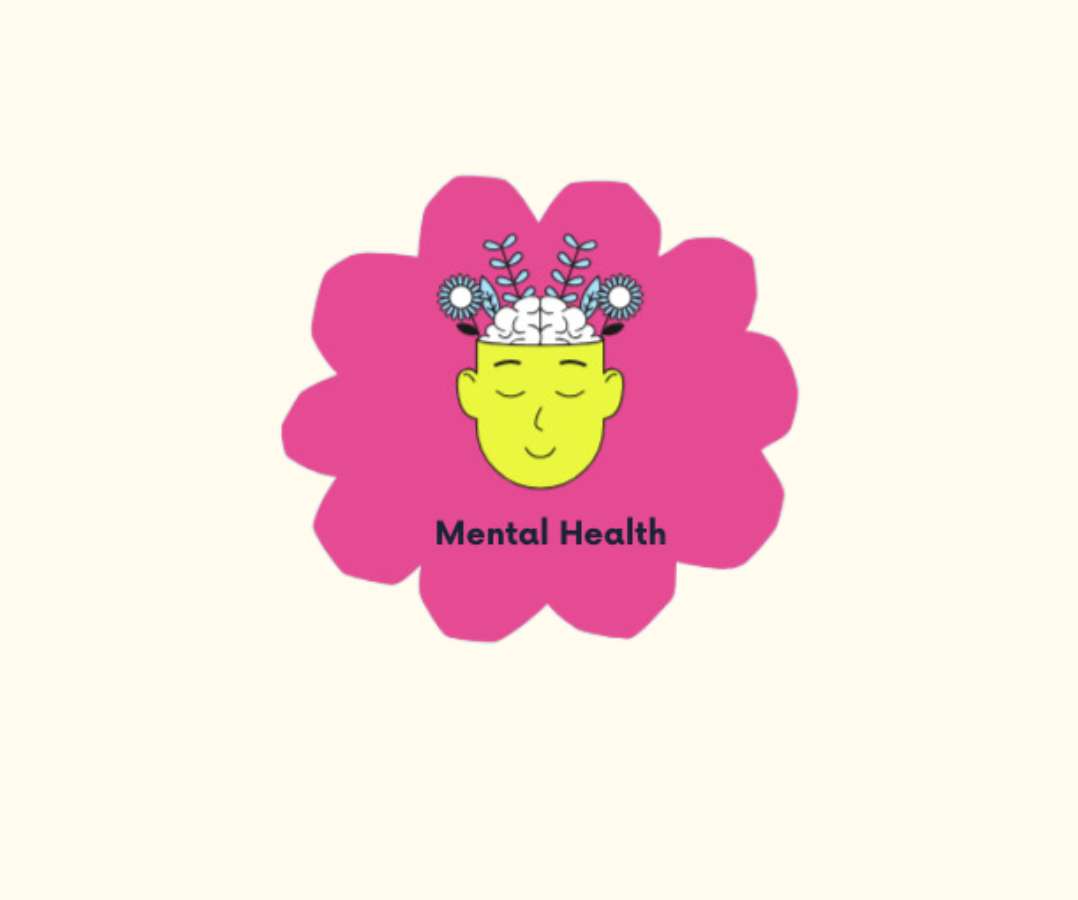
Mental Health
At Optimal Support, our support workers provide invaluable assistance that can significantly enhance the quality of life for those in need. We help our service users navigate the complexities that often accompany mental health challenges. Some of the conditions we support are Bipolar, Depression, Personality Disorder and Schizophrenia, to name a few.
We offer emotional support by creating a safe, non-judgemental space where individuals can express their thoughts and feelings. In addition to emotional support, we assist in the development of essential daily living skills. Our support workers can help coordinate daily activities, create and adhere to structured routines, and set achievable goals. Setting achievable goals is particularly important as it provides a sense of purpose and direction, leading to an improved self-confidence and independence.
Using a person-centred approach, and liaising with other mental health professionals, accessing community resources and support groups, we deliver a comprehensive package of care to those that need it most.
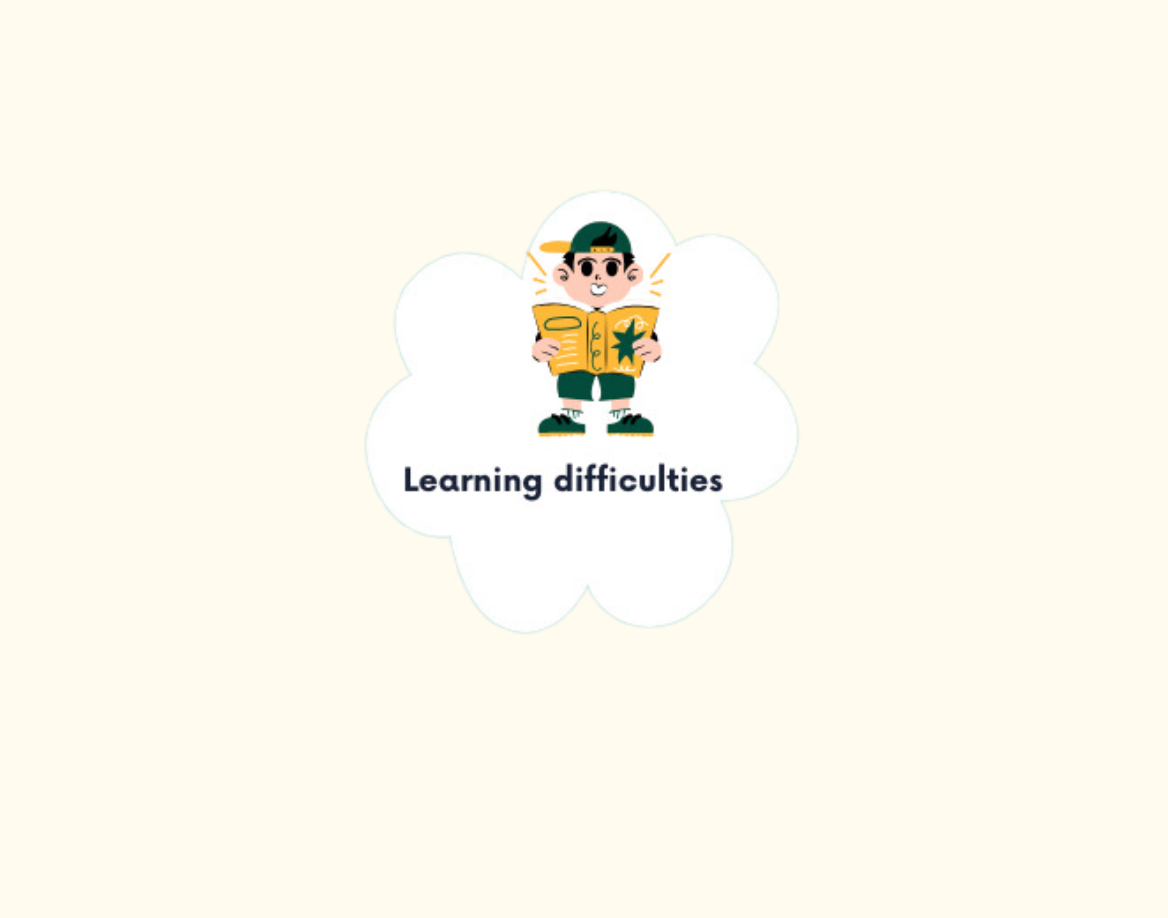
Learning Difficulties
We recognise that learning disabilities can affect various aspects of an individual’s life, including and not limited to communication, social interaction, and daily living skills. By actively listening to their concerns, preferences and goals, we create a person- centred care plan. We support by providing personalized support, fostering communication, assisting with daily living skills, promoting social interactions, and advocating for the individual, support workers can empower those they assist to lead fulfilling lives.
Our support workers establish strong, trusting relationships, that makes our service users feel comfortable and understood. We recognise that everyone has their own set of strengths and challenges, and by recognising these, we can proactively provide effective support, tailored to that specific service user. Additionally, emotional support should not be overlooked. Individuals with learning disabilities may experience feelings of frustration, isolation, or anxiety. Support workers can provide a listening ear and empathize with their feelings. They can help individuals develop coping strategies and resilience, promoting better mental health and overall well-being.
We provide our staff with additional training based on the needs of their service user, so that they are equipped with the correct tools to support effectively for each individual service user. This is in addition to the standard training that all of our staff receive that is government approved. This training allows our support workers to employ various communication strategies, including visual aids, simplified language and support gestures.
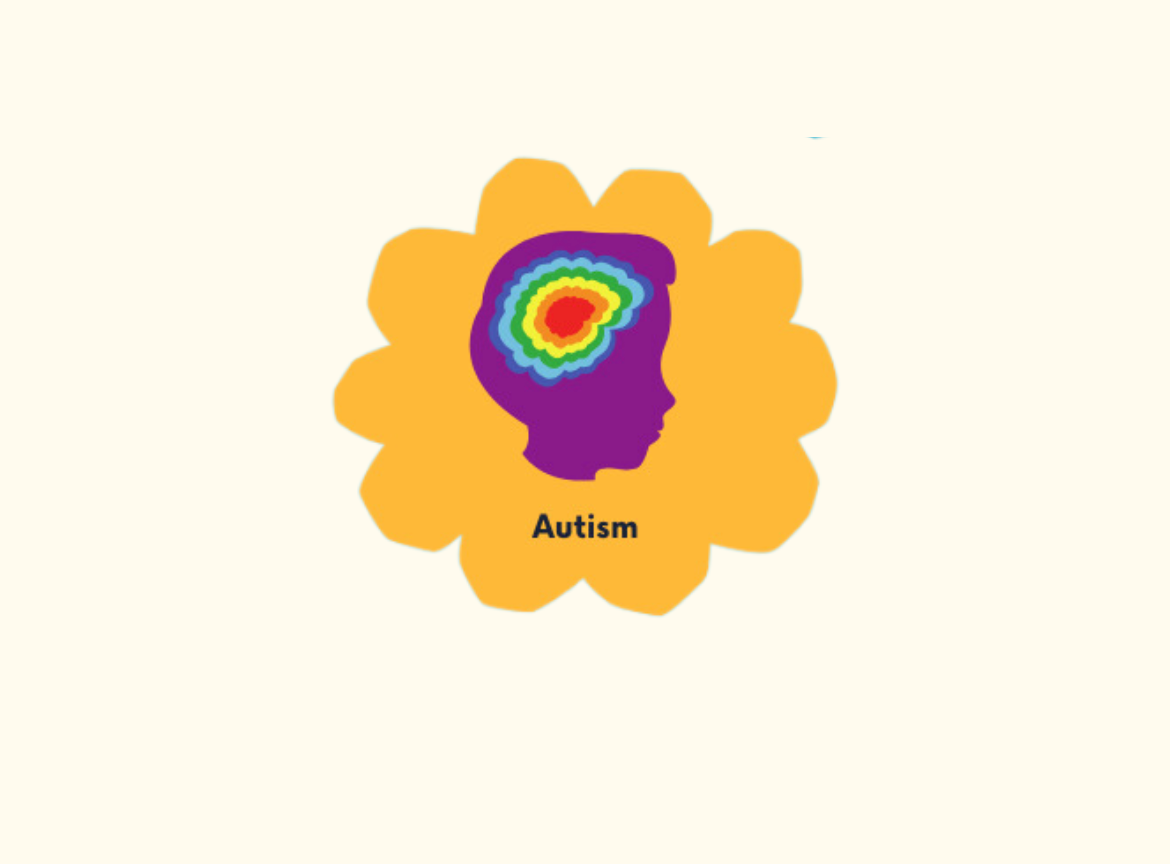
Autism Spectrum Disorder
Every individual on the spectrum will experience Autism differently, because of this, we understand that making education and awareness a priority and believe it is crucial in enhancing our understanding of Autism. Our staff are enrolled on a variety of E-learning and training such as the Oliver McGowan mandatory training, preferred by the government. This allows our staff to be equipped with the correct tools to recognise and respond to the needs of our service users.
We support our service users with a person-centred approach, providing tailored accommodations such as:
⁃ Clear Communication
⁃ Visual schedules
⁃ Structured routine
⁃ Predictable environments
We remain considerate and flexible to accommodating service users’ needs and preferences, reducing potential stresses and showcasing their strengths.
We understand that social skills can be a challenge for those on the spectrum and realise the importance of social inclusion within the community. At Optimal Support, we host optional guided socialisation events such as our Dungeons & Dragons group, and Optimal Football. This also promotes friendships amongst other our services users and another support system.
Active listening and validating our service users’ thoughts and feelings is an integral part of our support. We want our service users to feel valued and understood. A way in which we do this is with regular check-ins and an open-door policy for constructive feedback on how to improve our support.
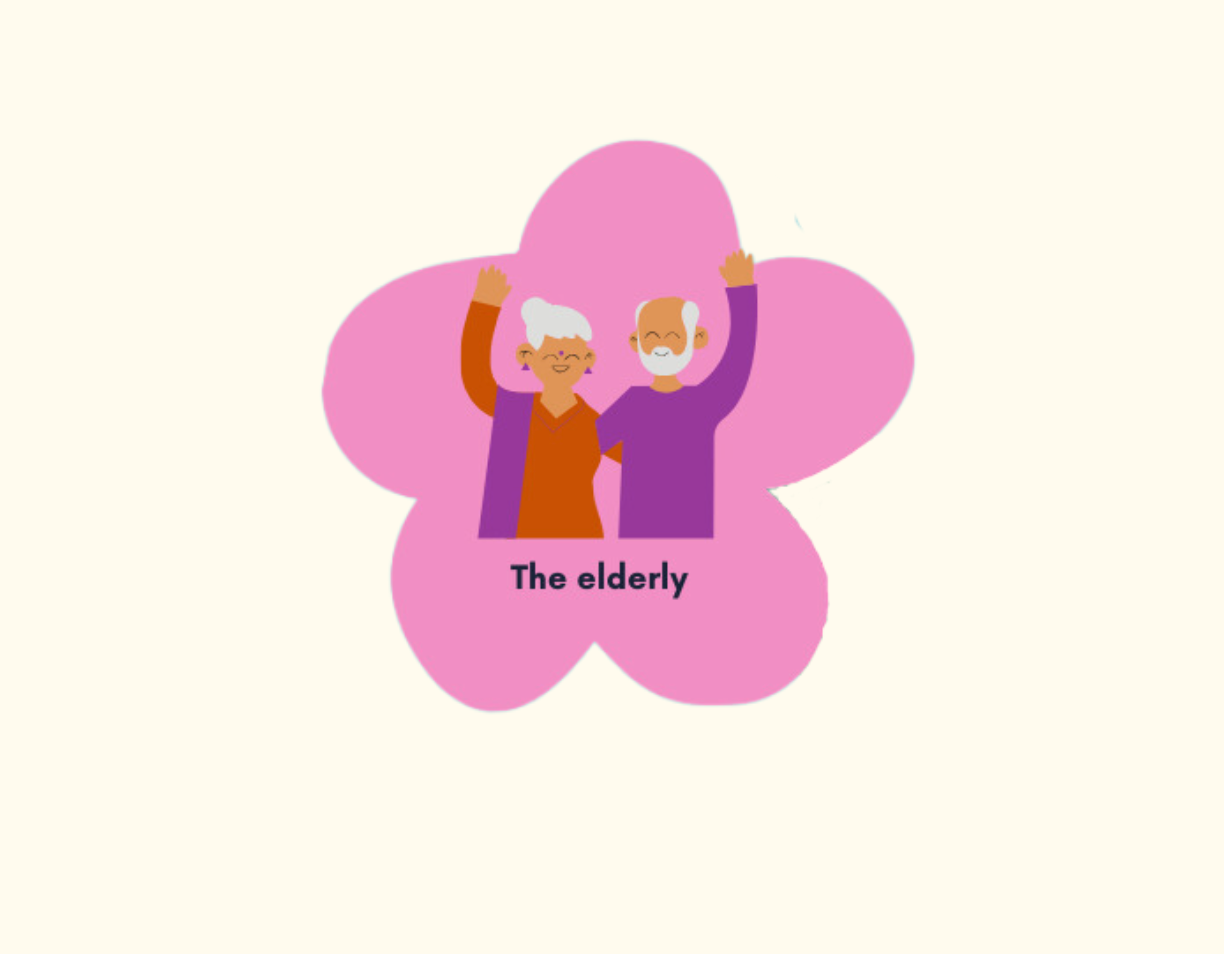
Older People Services
At Optimal Support, we understand the unique set of challenges that come with gaining and the important of maintaining a vibrant, fulfilling life. Our goal is to support older seniors in the daily living activities, enhance their well-being and foster a sense of independence.
We recognise the value of social interaction and how this is crucial for mental and emotional health. We alleviate feelings on loneliness by engaging in meaningful conversations and participating in activities. In addition, companionship, we conduct welfare visits that are designed the ensure safe, healthy and comfortable living environments.
Accessing the community and navigating tasks like shopping can be challenging and daunting for older adults, especially for those with limited mobility. It is important to us that not only do we support with logistics, but support by promoting healthy eating habits. This plays a vital role in promoting their well-being.
Keeping track of appointments can be difficult for people of all ages, and sometimes we need gentle reminders. Optimal Support offers assistance with making and managing appointments as well as the logistics of planning support around these times. Our commitment to organisation and following up, plays an essential role in maintaining our service user’s health and well-being.
We recognise the value and importance of having older people in our communities. We encourage engagement in social activities, hobbies and outings that related to our service user’s interest. Facilitating this need helps our service users lead fulfilling and active lifestyles.
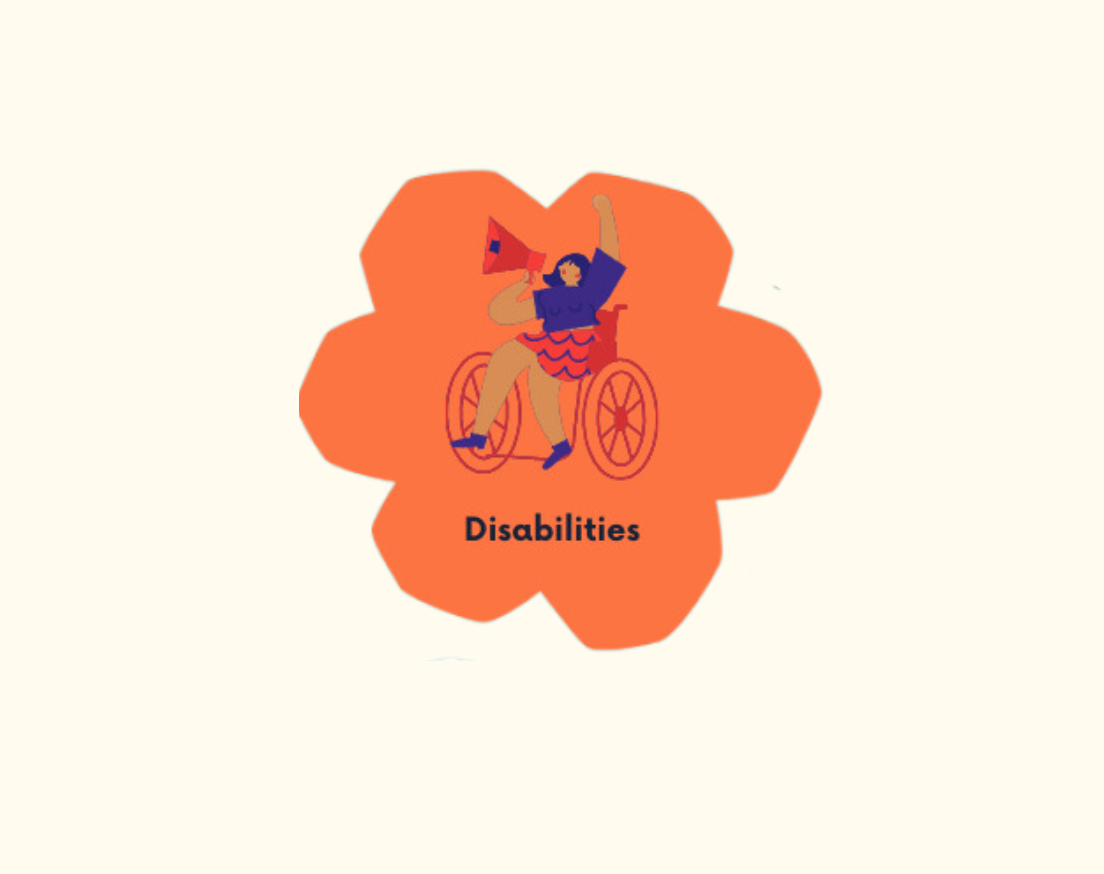
Disability
We understand that people with physical or intellectual disabilities can face barriers to independence. By offering person-centred care, our services ensure that individuals with disabilities are empowered to lead independent and active lives.
Some of the ways that we support are:
- Daily living support
- Developing life skills
- Emotional and social support
- Administrative support for appointments and key events
- Employment support
- Advocacy and empowerment
- Community integration & Leisure activities
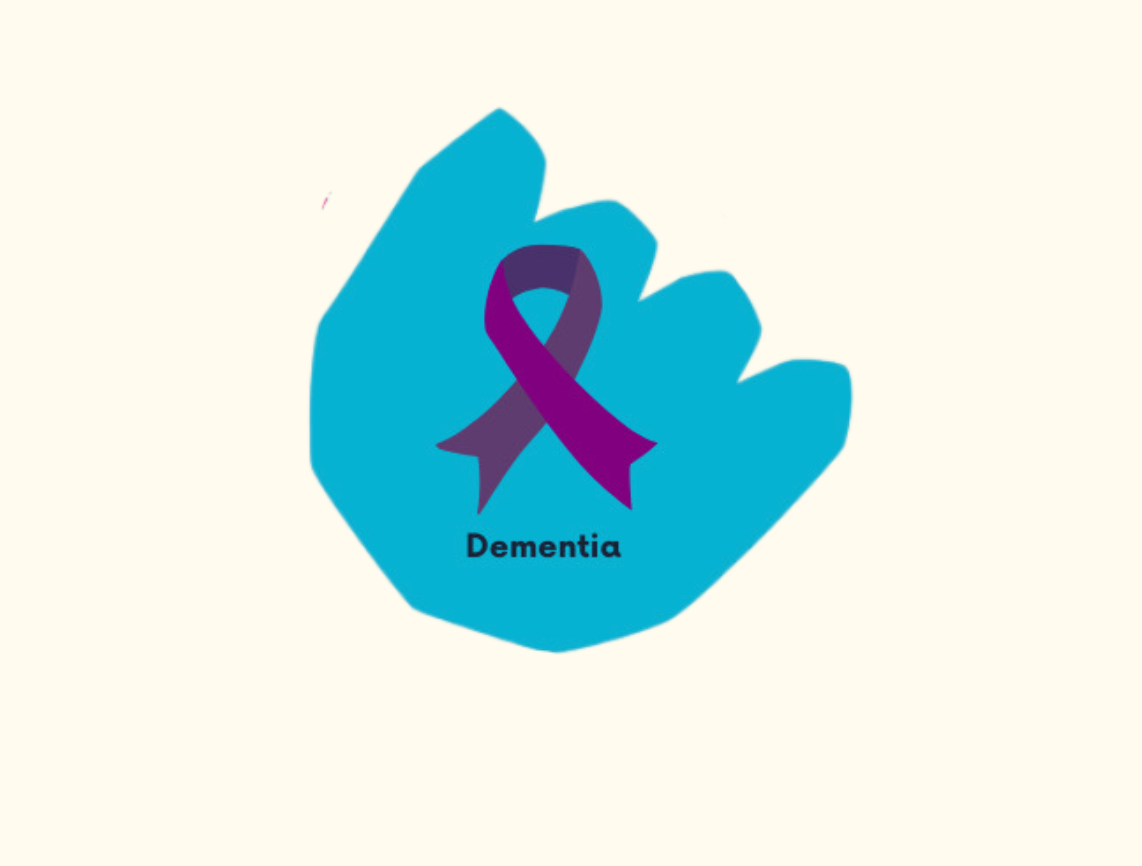
Dementia
Dementia care is vital for individuals who experience memory loss, confusion, and cognitive decline. Optimal Support prioritises person-centred care, ensuring that each individual’s needs, preferences, and routines are respected. We believe that understanding the unique life history and experiences of each person living with dementia is essential. This allows us to tailor our services to enhance their quality of life and foster a sense of belonging.
Our qualified and compassionate staff undergo regular training in dementia care, equipping them with the tools to communicate effectively and compassionately with individuals who may struggle with memory and cognition. This includes techniques for gentle reassurance, validation, and engagement through meaningful activities. We focus on creating an environment that promotes independence, dignity, and security.
Additionally, we provide various services, including personalised care plans and supportive community programs that encourage social interaction. The goal is to improve quality of life for both individuals with dementia and their families, while ensuring safety and emotional support.
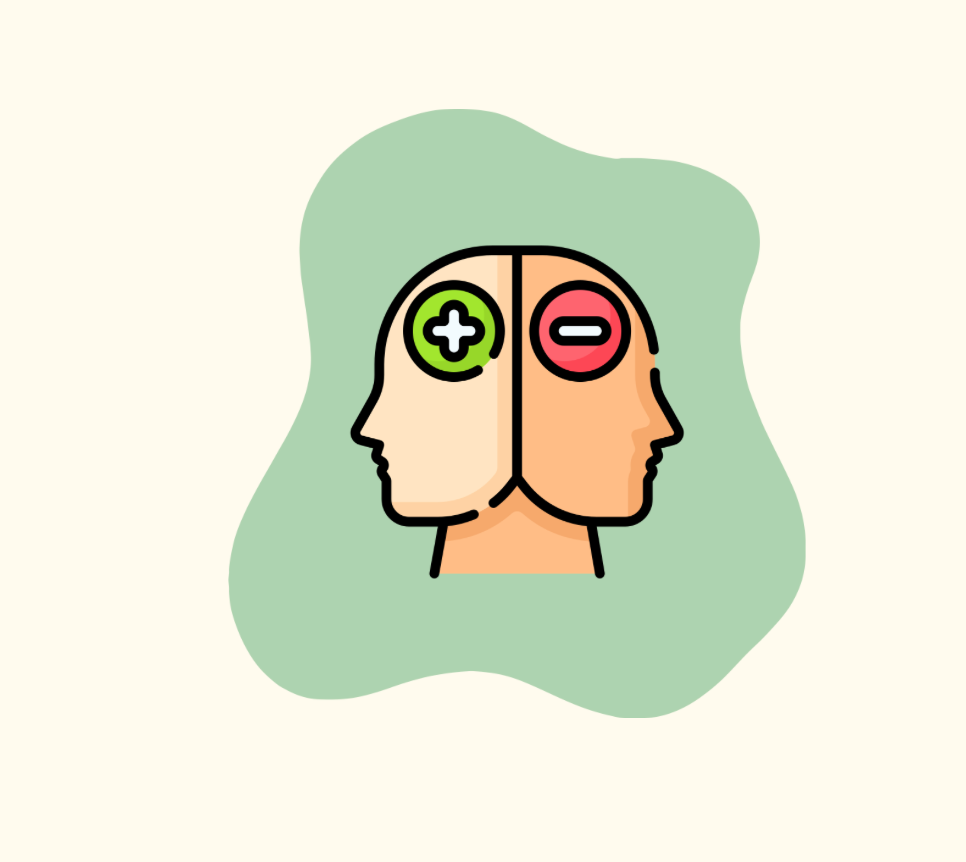
Dual Diagnosis
Dual diagnosis is a condition when mental health disorders co-occur with other conditions such as learning difficulties, autism, or substance misuse and require integrated support.
Dual diagnosis can be complex as the symptoms of one condition can worsen or mask the other. For example, a person with anxiety and depression might self-medicate with alcohol or drugs, which can exacerbate the mental health issues. Conversely, the substance use disorder can make it harder for the service to seek or engage in treatment for mental health disorders.
Treatment for dual diagnosis typically involves an integrated approach that addresses both conditions concurrently, often through therapy, medication, and support groups.
Just a few of the ways we help are:
- Coordinating care between mental health professionals, medical practitioners, and social workers.
- Individualized treatment plans that address both the mental health condition and the underlying issues (e.g., addiction, disability).
- Behavioral therapies to manage symptoms of both conditions.
- Community integration to reduce stigma and promote inclusion in social, educational, and employment opportunities.
